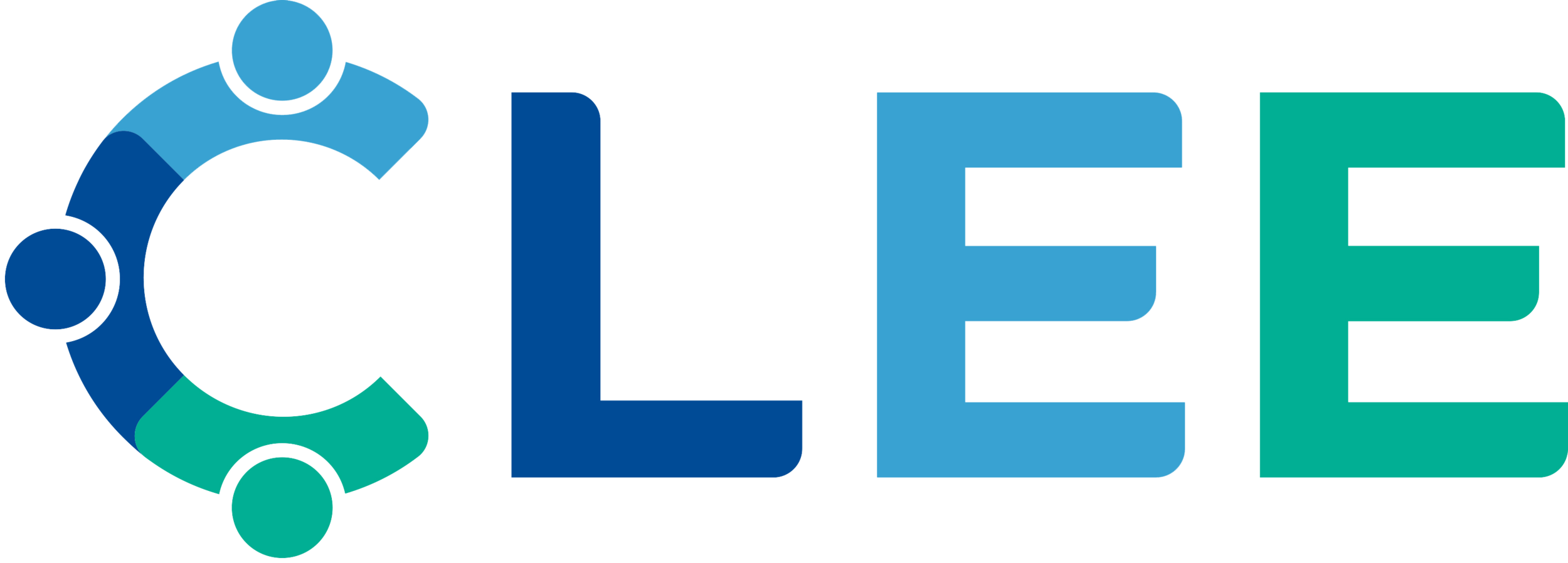Dr. Hinnant-Crawford struck me with her challenge to examine process in a recent episode of the HTH Unboxed podcast,, “...we think about the outcomes of improvement and making sure we have an equity or justice centered outcome. But also, how do we make sure we have an equity and justice centered process?” She reminds us that it might be a lot easier to look at data to discover inequities, whereas looking in the mirror may be more difficult, as one may not want to see how they are perpetuating injustices or oppressions with processes that leave out the voices of others. While looking at data is a key component, only looking at the data omits other variables, including the extreme importance of others’ voices as a critical component in improvement science.
Read MoreThough I’m listed as an author, I definitely did more reading than writing for this chapter. My role in professional development for adult collaboration has been more about support than practice for the last 20 years, and I took this chapter as an opportunity to make more explicit the connections between School Reform Initiative (SRI) practices and CLEE’s strategies. It was a way to connect where we have been with where we want to go. I am most excited for how we were able to illustrate how you can use a learning community to foster educational equity.
Read MoreI am inspired to share a few of my favorite quotes from this interview:
“Anti-Blackness is not bigger than Blackness. Never question your genius, your humanity, your intelligence, your beauty. Never question it.” - Bettina Love, with words of encouragement for Black students.
This powerful quote is highlighted in the interview by author Sherri Gardner with Bettina Love, professor and racial justice scholar. This interview is an important read for everyone.
How do you move from being nice to giving and receiving challenging feedback to create equitable outcomes for each and every student?
Read More



